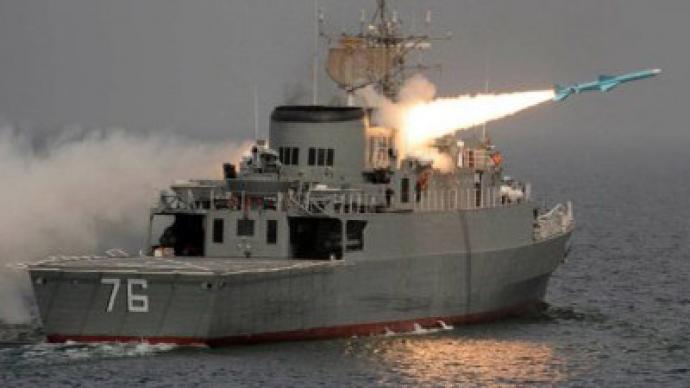The alleged plot to assassinate the Saudi ambassador to the US may provide yet another pretext for the complete isolation of Iran. As it is, says Iranian professor Sadegh Zibakalam, Washington already has plenty of excuses for pressuring Tehran.
“It is not only the nuclear issue, there are at least half a dozen other issues that the United States is quite unhappy about,” Zibakalam, a political science professor at Tehran University, told RT. “Another reason is Iran’s strong support for the Syrian regime. Another reason is Iran’s strong anti-Israel stance. Another reason is Iranian support for Hezbollah in Lebanon. And there are also US accusations that the Islamic Republic is supporting Al Qaeda in Afghanistan.”The US Treasury Department has already imposed new sanctions on Iranian commercial airline Mahan Air over the alleged Iranian plot to assassinate the Saudi ambassador at a restaurant in Washington. America’s action against Iran could go beyond sanctions, US Vice President Joe Biden warned Wednesday, but added that "we're not going there yet."
Iran has to be held accountable for the "outrageous act," Biden said. “It's critically important [to] unite the world in the isolation of and dealing with the Iranians."The alleged plot, which involved the attempted bombing of an unnamed restaurant by a Mexican drug cartel in the pay of Iran, was revealed on Tuesday in a criminal complaint filed in a federal court in New York. The assassination is said to have been foiled because the mobsters’ agent was a US informant.But according to some experts, including former CIA intelligence officers, the allegations are full of holes.Zibakalam agrees, saying the whole case looks “very bizarre.”“If anyone in Iran was intending to blow up the Saudi ambassador or the Israeli ambassador, there are dozens of countries in the world which are much easier a target to infiltrate and… to carry out the assassination,” Zibakalam said.
Historian and investigative journalist Gareth Porter says he sees two possible explanations for what happened, but right now, he says, it is too soon to really say what actually happened. “One is that was indeed an [Iranian Revolutionary Guard] faction which wanted to disrupt Iranian policy toward the United States, to prevent any possible agreement with the United States,” Porter said. “The other one, which I actually favor, is that this started out as an effort by some renegades – perhaps loosely attached to the security services in Iran to sell drugs, or to have some sort of drug dealings with drug cartels in Mexico. And once they found out that it was a [Drug Enforcement Administration] agent they were dealing with in Mexico, they then suggested in some fashion that they could do a deal if they implicated [Iran's Revolutionary Guard Corps] in a plot to [commit] some terrorist act.”

